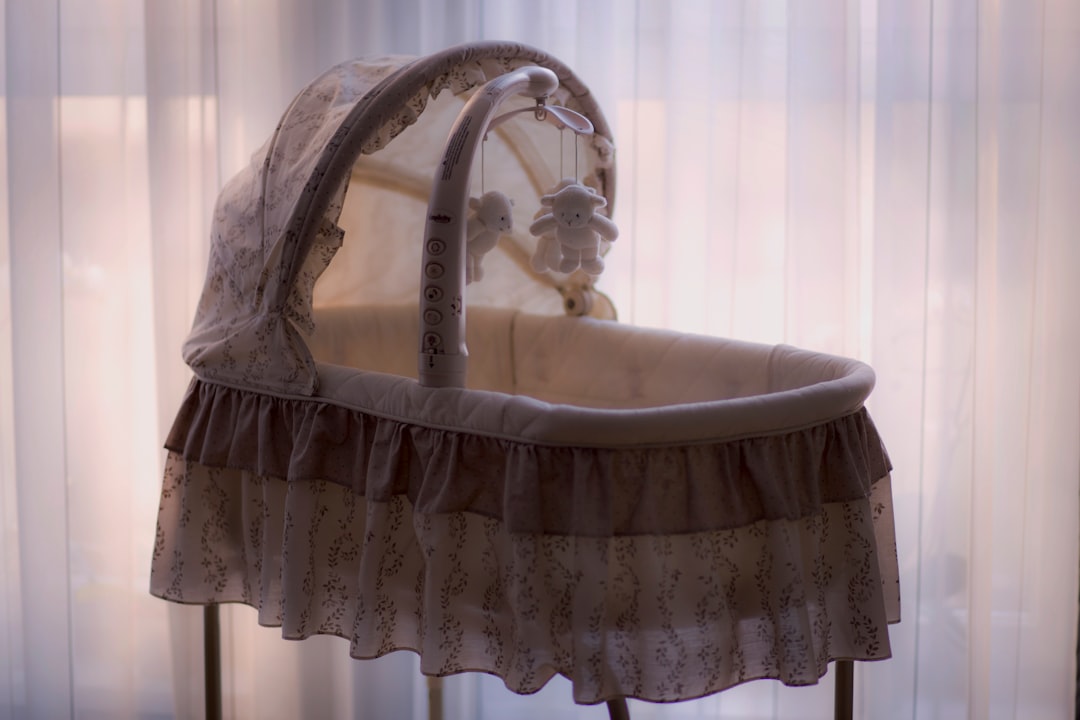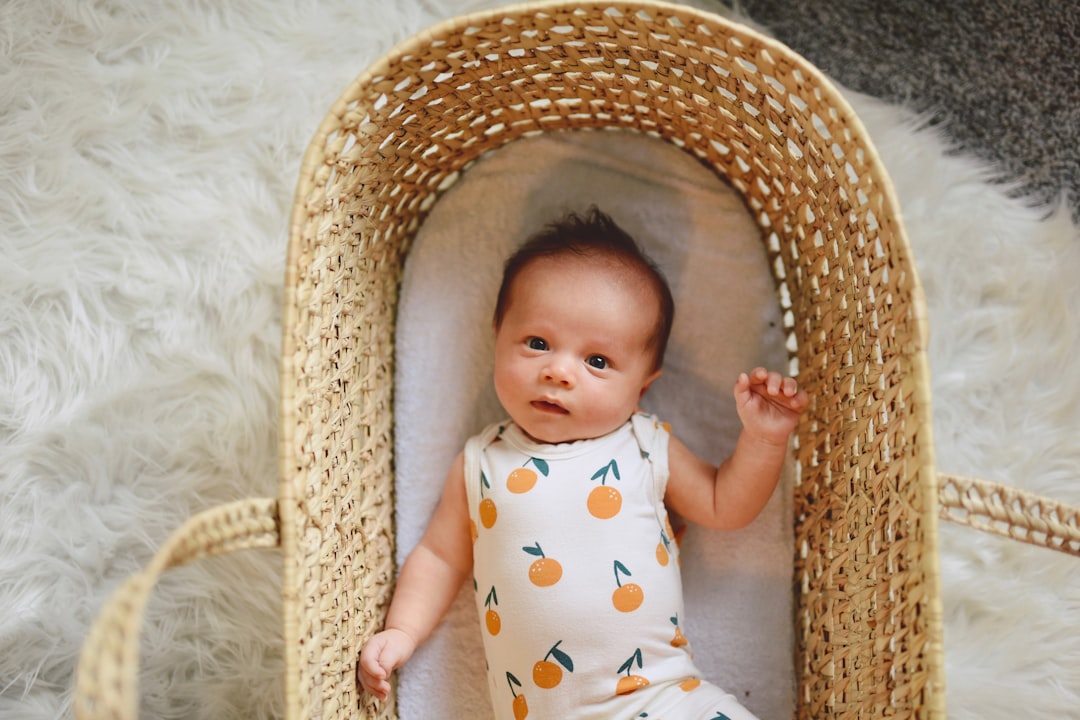Bassinet vs. Moses Basket
What's the Difference?
Bassinet and Moses basket are both popular choices for newborns to sleep in during their early months. However, there are a few key differences between the two. A bassinet is typically larger and sturdier, designed to be placed on a stand or attached to the side of the parent's bed. It often comes with features like wheels or rocking motion, making it easier to move around the house. On the other hand, a Moses basket is smaller and more portable, usually made of woven materials like wicker or palm leaves. It is lightweight and easy to carry, making it ideal for parents who want to keep their baby close by at all times. Ultimately, the choice between a bassinet and Moses basket depends on personal preference and lifestyle.
Comparison

| Attribute | Bassinet | Moses Basket |
|---|---|---|
| Size | Varies, usually larger | Smaller and more compact |
| Portability | Generally less portable | Highly portable |
| Design | Sturdier and more structured | Lightweight and flexible |
| Material | Typically made of wood or metal | Often made of natural fibers or wicker |
| Usage | Commonly used as a standalone sleeping space | Often used as a portable sleeping option |
| Longevity | Can be used for a longer period | Usually outgrown quickly |

Further Detail
Introduction
When it comes to choosing a safe and comfortable sleeping space for your newborn, two popular options are bassinets and Moses baskets. Both of these options provide a cozy and secure environment for your baby to sleep in during their early months. However, there are some key differences between the two. In this article, we will compare the attributes of bassinets and Moses baskets to help you make an informed decision for your little one.
Size and Portability
One of the main differences between bassinets and Moses baskets is their size and portability. Bassinets are generally larger and sturdier than Moses baskets. They often come with wheels or a folding mechanism, making it easier to move them around the house. This is especially useful if you want to keep your baby close to you during the day or if you need to transfer them to a different room for naps. On the other hand, Moses baskets are smaller and more lightweight, making them ideal for parents who frequently travel or want a portable sleeping option. They are easy to carry and can be placed on the floor, a stand, or even on your bed.
Design and Aesthetics
Another aspect to consider when choosing between a bassinet and a Moses basket is the design and aesthetics. Bassinets often have a more modern and sleek look, with clean lines and neutral colors that can easily blend into any nursery decor. They may also come with additional features such as storage compartments or a rocking motion. On the other hand, Moses baskets have a more traditional and rustic charm. They are usually made from natural materials like wicker or palm leaves, giving them a cozy and timeless appeal. Moses baskets often come with decorative bedding and can add a touch of elegance to your baby's sleeping space.
Comfort and Safety
When it comes to the comfort and safety of your baby, both bassinets and Moses baskets are designed to provide a secure sleeping environment. Bassinets typically have a sturdy frame and a firm mattress, ensuring proper support for your baby's developing spine. They also often come with breathable mesh sides, allowing for good airflow and reducing the risk of suffocation. Moses baskets, on the other hand, have a softer and more flexible structure. They usually come with a padded mattress and sides, providing a cozy and snug sleeping space for your little one. However, it is important to ensure that the bedding and mattress in both options meet safety standards and fit snugly to prevent any potential hazards.
Longevity and Durability
Considering the longevity and durability of your baby's sleeping space is essential, especially if you plan to use it for future children or pass it on to someone else. Bassinets are generally built to last and can be used for a longer period of time. They are often made from sturdy materials and can withstand the weight of a growing baby. Some bassinets even have adjustable features, allowing you to lower the mattress as your baby becomes more active and starts to pull themselves up. On the other hand, Moses baskets are smaller and may not accommodate a growing baby for an extended period. They are typically designed for newborns up to around 3-4 months old, depending on the size and weight of your baby.
Price Range
Price is often a significant factor when making any baby-related purchase. Bassinets tend to be more expensive than Moses baskets due to their larger size and additional features. The price range for bassinets can vary greatly depending on the brand, materials used, and extra functionalities. On the other hand, Moses baskets are generally more affordable and can be a budget-friendly option for parents who are looking for a temporary sleeping solution or have limited space. However, it is important to note that the price range for both options can vary, so it is always a good idea to compare different models and brands to find the best value for your money.
Conclusion
Choosing between a bassinet and a Moses basket ultimately depends on your specific needs and preferences. Bassinets offer a larger and more long-lasting sleeping space with added features, making them suitable for parents who prioritize versatility and durability. On the other hand, Moses baskets provide a portable and charming option for parents who value convenience and aesthetics. Regardless of your choice, it is crucial to prioritize safety, comfort, and adherence to safety standards when selecting a sleeping space for your precious little one. By considering the attributes discussed in this article, you can make an informed decision that suits your baby's needs and your lifestyle.
Comparisons may contain inaccurate information about people, places, or facts. Please report any issues.